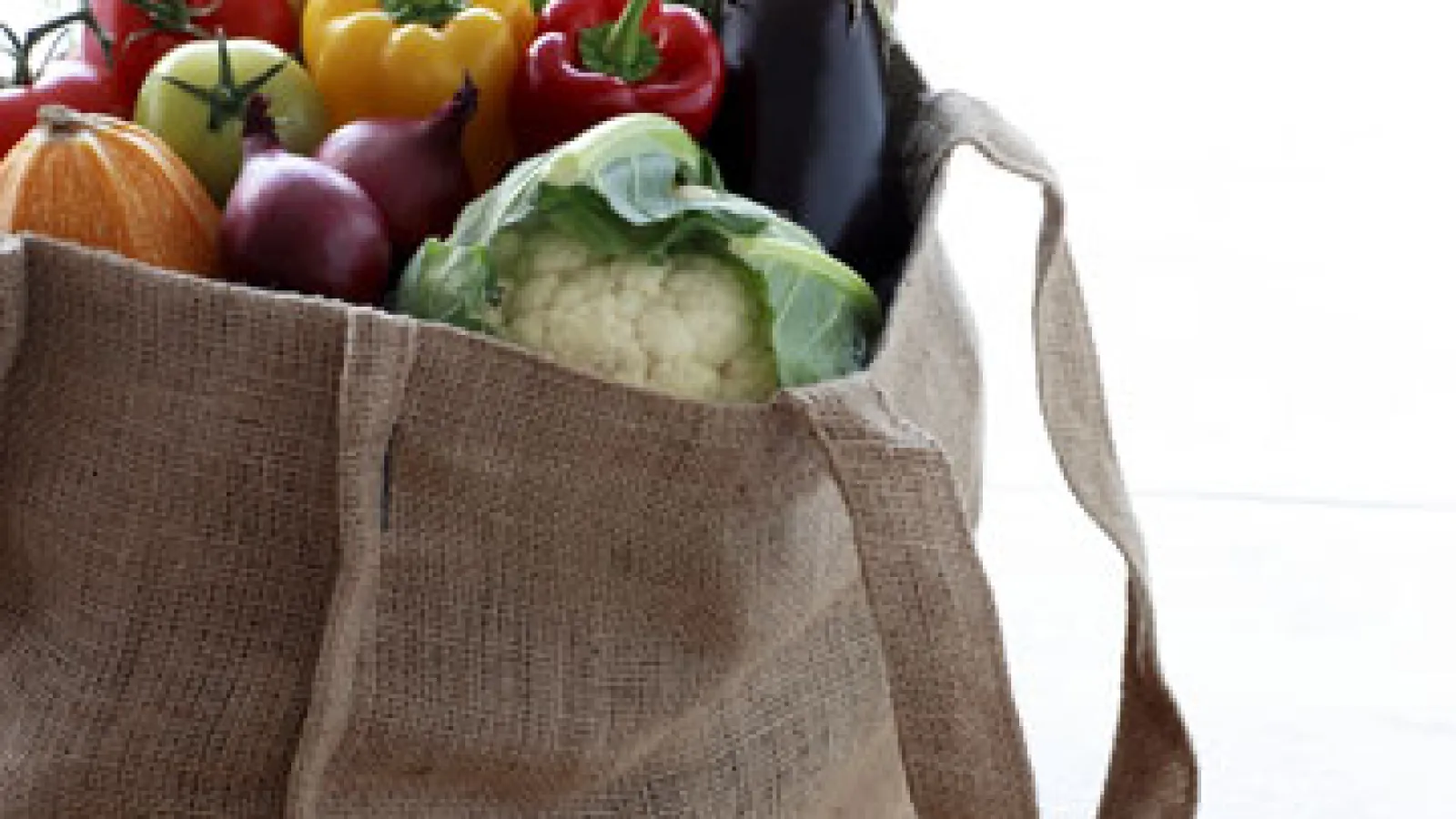Groceries are one of the biggest line items in most family budgets.
Here are a few fun facts to save a little more at your local grocer:
Set a dollar limit before going shopping. Keep track of how much you are spending as you go and you’ll be more likely to stick to it.
Make a grocery list and (again) stick to it. Buying only what is on the list will keep you from buying things you don’t need. Try using your local store’s online shopping option.
Avoid buying nonfood items like batteries, medicine, and cleaning products at the supermarket, where you’ll probably pay more than at a discount store.
Plan your weekly meals before grocery shopping. Base your meals around specials and coupons to save money.
Don’t grocery shop on an empty stomach. You could end up buying more than you need.
Shoppers making a ‘quick trip’ to the store to pick up a few specific items usually purchase 54 percent more than they planned. Try to do your grocery shopping one time per month. You won’t be tempted to buy things you don’t need.
Buying groceries and household items in bulk can be helpful to save money in the long term, but be careful to only buy items that can be used before their expiration date.
To find the best deals on items, look at the unit price to find out if you are really saving money.
Stay on the perimeter of the store to avoid most processed and packaged foods that cost more. You’ll save money and calories!
Doing your own prep work when you cook saves money. Pre-chopped vegetables, pre-marinated meats, and pre-grated cheese usually cost more.
Buy produce items in season. You can get fresh strawberries in February, but they will cost more.
Look for items on the top or bottom of shelves – that is where the best deals are hiding!
